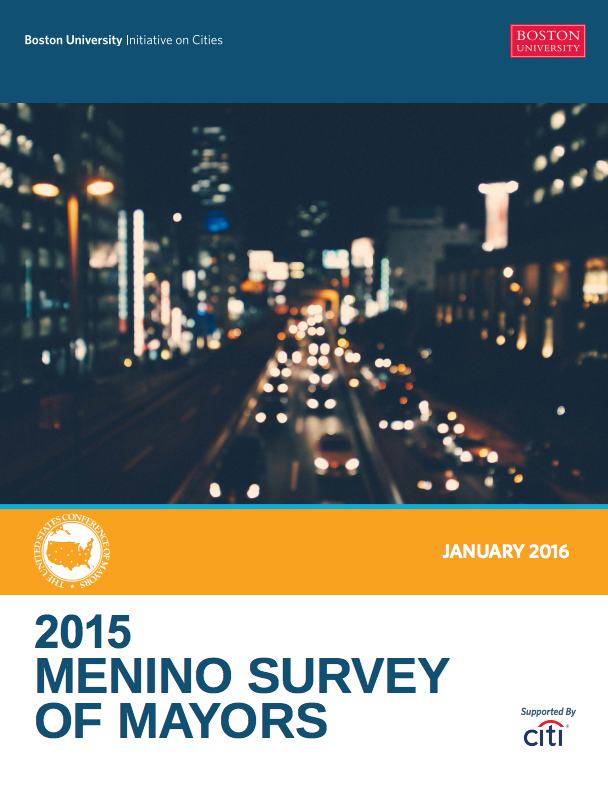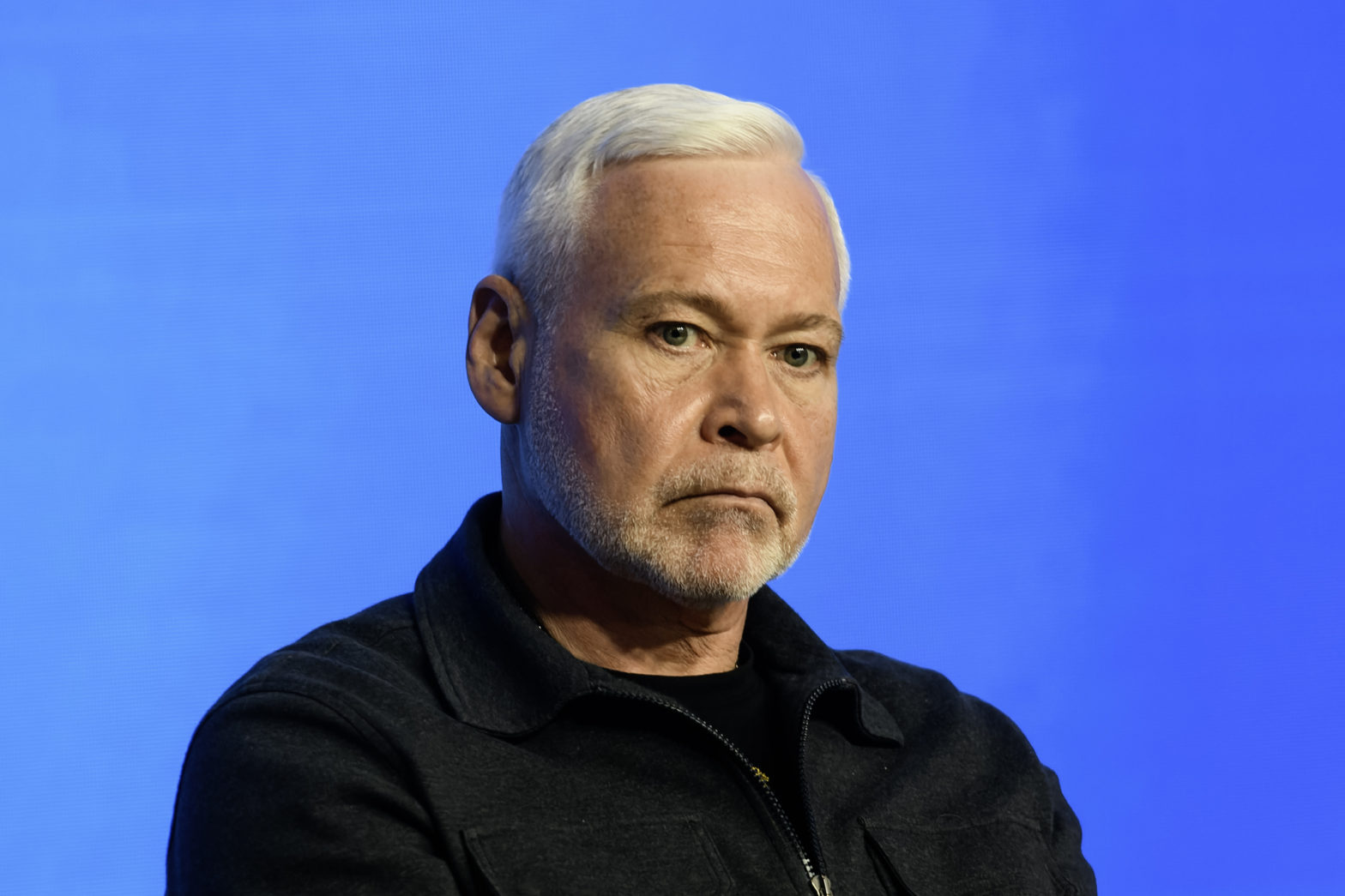
American mayors say infrastructure is most urgent priority
21 January 2016
by Tom Teodorczuk
Mayors have identified investing in ageing infrastructure as the most pressing policy priority for cities according to findings released in the 2015 Menino Survey of Mayors.
The Menino Survey of Mayors, the only nationally representative survey of American mayors, has been released by the US Conference of Mayors in partnership with The Boston University Initiative on Cities, with the support of Citigroup.
Released during the US Conference of Mayors (USCM) 84th Winter Meeting in Washington, DC in conjunction with the 2016 Mayors Compact for a Better America, the survey–named in honour of the late Thomas M. Menino, former Mayor of Boston–outlined mayors’ perspectives on ageing infrastructure, policing, municipal finance and their relationships with constituents.
The Menino Survey of Mayors also re-affirmed American mayors’ call for presidential candidates and Congress to focus on issues of importance to cities and prioritise investing in and assisting urban communities. Despite overriding different party affiliations, geographical location and city size, mayors share common goals such as fixing crumbling roads, growing mass transit and repairing water infrastructure, as well as a desire to improve pedestrian and bike infrastructure while raising concerns about receiving too little financial support from federal and state government.
Asked what their greatest shared challenge is facing their city, more than half of mayors cited continued underinvestment in infrastructure. The 89 mayors interviewed for the survey listed roads, mass transit and water, wastewater and stormwater as their top three priorities for new infrastructure investment.
While mayors most often partner with state and federal government to address infrastructure priorities, a majority were “not confident” that either will adequately help them solve their challenges. On the issue of policing, mayors overwhelmingly supported the introduction of body cameras, civilian review boards and data-driven evaluation.
Intriguingly in view of the recent news agenda, twice as many mayors (14) called for US Environmental Protection Agency (EPA) rules to be reformed as gun laws or immigration laws. Other notable findings included more than 70 percent of mayors supporting improved bike accessibility in their city, even if it comes at the expense of parking and driving lanes, and over half of mayors anticipating that compared to an average city nationwide, their city would receive “less financial support” and “much less financial support” from federal government in the next year.
The survey revealed that mayors draw policy ideas from a wide array of US cities, with New York, Chicago, Philadelphia and Los Angeles proving the most popular.
“While the findings of this study are revealing, they are not surprising,” said Tom Cochran, CEO and Executive Director, USCM. “The fact that crumbling infrastructure and policing reforms top the list of priorities only underscores that the fact that mayors are less focused on ideology, and are more interested in getting things done.”
“Mayors are innovators, collaborators, and problem solvers by nature, often taking action when other levels of government cannot,” said Graham Wilson, Director of the Boston University Initiative on Cities. “We hope that the Menino Survey shines a light on their leadership and helps mayors communicate the needs, challenges, and achievements of cities today.”








